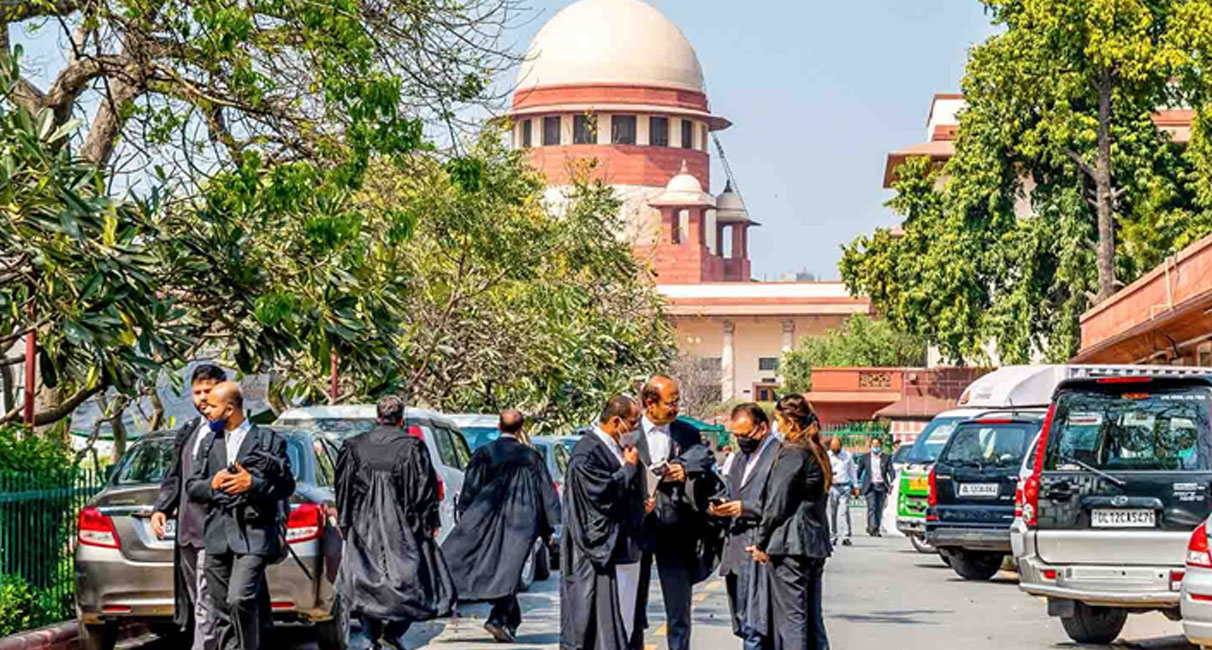Madrasa education is about to be banned by a court order in India’s most populous state, Uttar Pradesh, ahead of the elections. The Madrasa Education Act, enacted in 2004, was ruled unconstitutional by the Allahabad High Court.
In its verdict on Friday, the court said the law violated the fundamental principle of secularism in the Indian Constitution. Students should study in conventional general education institutions.
Through this, the anti-Muslim image of Narendra Modi’s Hindu nationalist government is believed to have become brighter. The British news agency Reuters also believes that Modi may lose the Muslim vote due to such a move before the national elections.
According to the report, Justice Subhash Vidyarthi and Vivek Chowdhury gave this judgment based on the appeal of lawyer Angshuman Singh Rathore. Reuters could not ascertain whether the appellant, Rathore, was affiliated with any political party.
According to the news agency, Iftikhar Ahmed Javed, head of the Madrasa Education Board of Uttar Pradesh, said that 2.7 lakh students and 10,000 teachers in 25,000 madrasas will be affected by this order of the Allahabad High Court. One fifth of the 24 crore people in this state are Muslims.
In the verdict, the court said, “The state government will also ensure that children between the ages of 6 and 14 are not denied admission to recognized institutions.”
India will hold general elections between April and June, with Modi’s Bharatiya Janata Party (BJP) expected to win. Muslim and human rights groups have accused some BJP members and affiliates of promoting anti-Islamic hate speech and surveillance and vandalizing Muslim-owned property.
However, Modi has been claiming that religious discrimination does not exist in India.
The BJP says the government is correcting historical mistakes. Modi inaugurated a Hindu temple by destroying a 16th-century mosque. Many Hindus believe that the mosque was built on the spot where Lord Rama was born. They also claim that under the Mughal ruler Babur, a temple was demolished and this mosque was built.
Uttar Pradesh BJP spokesperson Rakesh Tripathi said they are not against madrassas but are concerned about the education of Muslim students. He said, “We are not against any madrassa, but we are against discrimination.” We are against illegal financing. The government will decide on the next step after examining the court order.
Reuters noted that there was no immediate response from Modi’s office after seeking comment on the court’s ruling.





